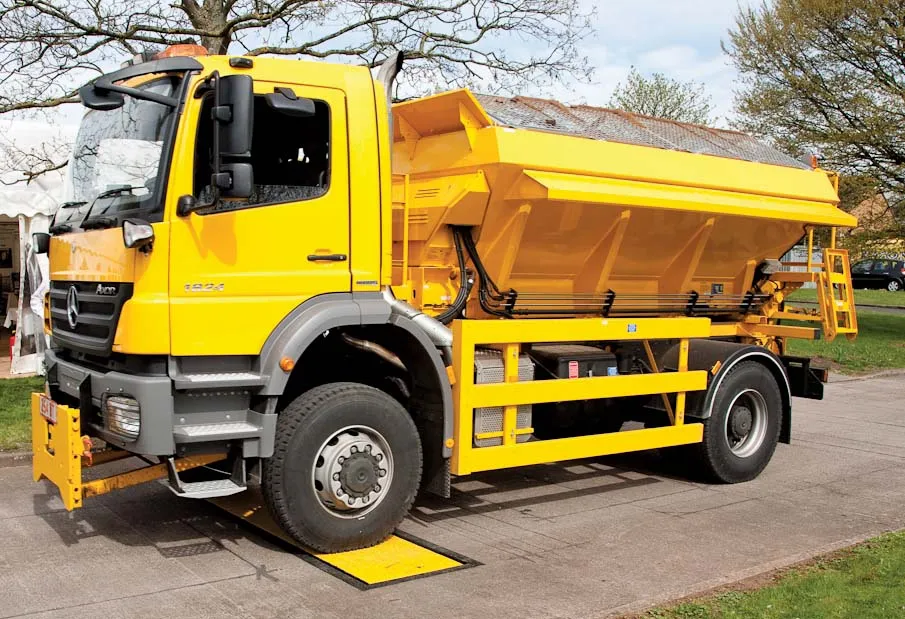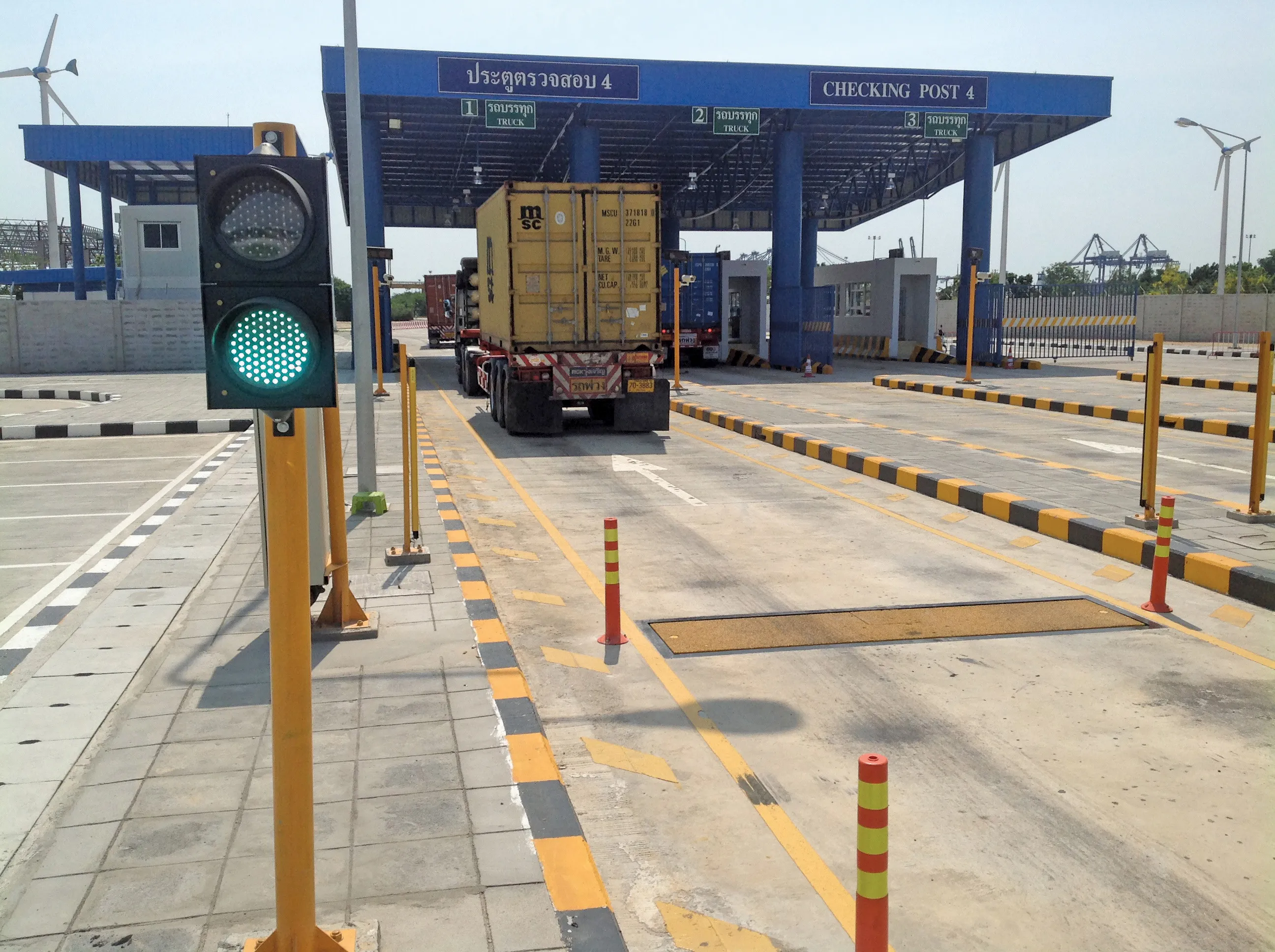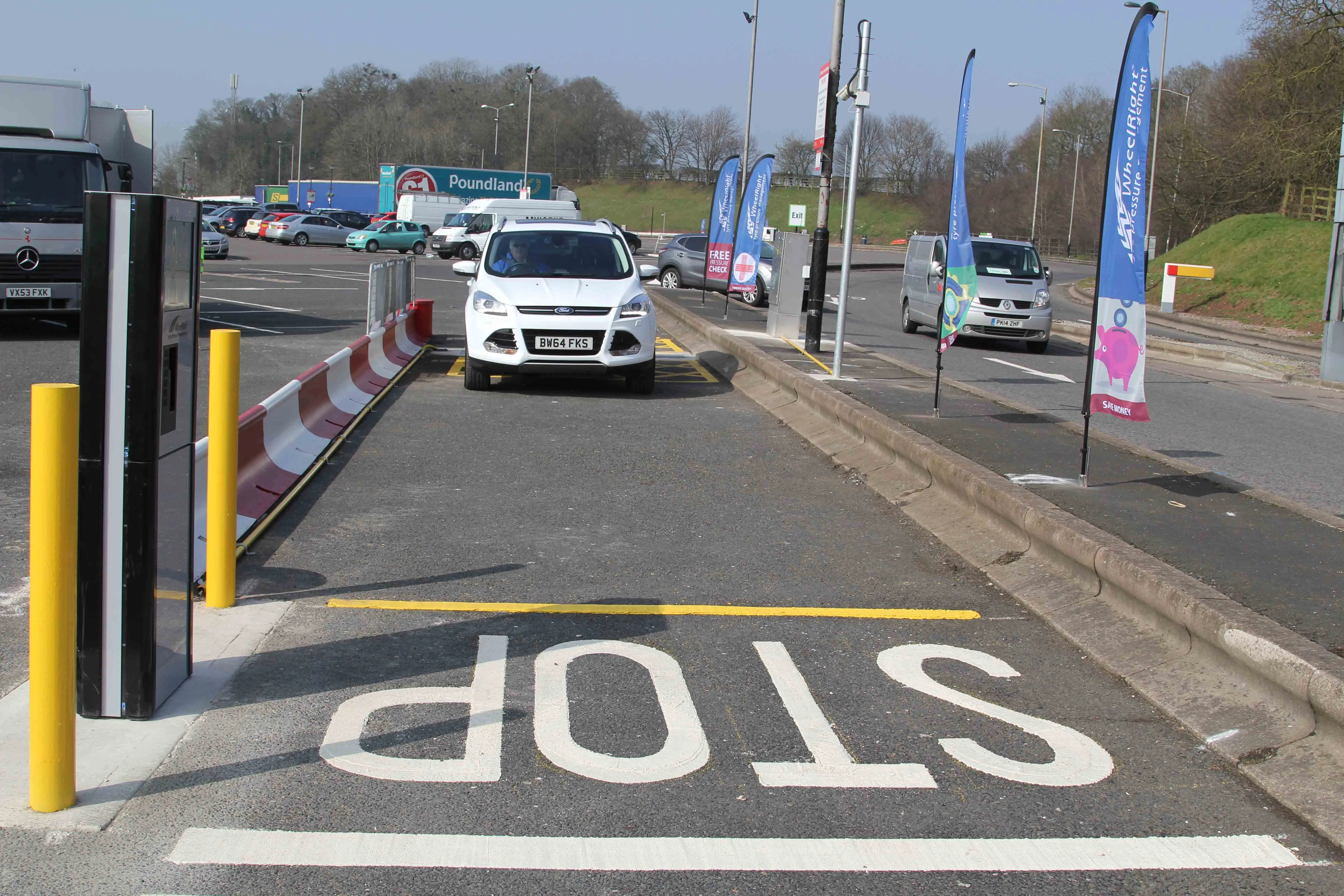Overloading of vehicles in the United Kingdom continues to be a serious issue, according to data from the government’s Driver and Vehicle Standards Agency (DVSA) and Vehicle and Operator Services Agency (VOSA). The report, Annual Effectiveness 2013/2014, documents data on driving offences for heavy and light goods vehicles, public service vehicles and trailers. The number of convictions for overloading heavy goods vehicles (HGVs) was 147, down from 231 in 2012/13 and 166 a year earlier. But overloading rema
March 9, 2015
Read time: 3 mins

Overloading of vehicles in the United Kingdom continues to be a serious issue, according to data from the government’s Driver and Vehicle Standards Agency (DVSA) and Vehicle and Operator Services Agency (VOSA)
The report, Annual Effectiveness 2013/2014, documents data on driving offences for heavy and light goods vehicles, public service vehicles and trailers.
The number of convictions for overloading heavy goods vehicles (HGVs) was 147, down from 231 in 2012/13 and 166 a year earlier. But overloading remains the fifth top vehicle offence, behind the top offence by convictions, drivers’ hours, and the second place offence of tachograph misuse.
There is still no room for complacency, said Colin Smith, axle weighing expert at6140 Avery Weigh-Tronix, based in the UK.
“As well as being a criminal offence which can attract fines and prosecution, overloading can have a detrimental impact on the roadworthiness of vehicles, from braking systems to increased instability and wear and tear," he said.
“It is also worrying to note that roadside checks found defects in braking systems of almost 19% of HGV trailers, along with various other issues such as steering, suspension and tyres. An overloaded vehicle in good condition is potentially hazardous, but overloading a vehicle which also has other issues relating to its roadworthiness could be extremely dangerous.”
The report also shows that overloading of Light Goods Vehicles (LGV) is still the top offence on UK roads, with both the number of prosecutions and the average fine up on last year. Last year there were 290 convictions, up from 256 the year before but down from 316 in 2011/12.
More than 13% of HGVs were taken off the road immediately following roadside checks and checks at an operator’s premises for brake, steering or tyre defects. Worryingly, another 35% of HGVs were handed a delayed prohibition, meaning the defect was not severe enough to warrant taking the HGV immediately off the road.
For LGVs, a third of those inspected were immediately taken off the road.
3963 Brake, steering and tyre defects can be caused by overloading. “I hope that these figures serve as a warning to fleet operators that overloading is a serious issue,” said Smith.
“Both the driver of the vehicle and the operator are legally responsible for avoiding overloading and both can be prosecuted. Drivers and operators should familiarise themselves with the legislation to ensure they know and understand their obligations.”
The report, Annual Effectiveness 2013/2014, documents data on driving offences for heavy and light goods vehicles, public service vehicles and trailers.
The number of convictions for overloading heavy goods vehicles (HGVs) was 147, down from 231 in 2012/13 and 166 a year earlier. But overloading remains the fifth top vehicle offence, behind the top offence by convictions, drivers’ hours, and the second place offence of tachograph misuse.
There is still no room for complacency, said Colin Smith, axle weighing expert at
“As well as being a criminal offence which can attract fines and prosecution, overloading can have a detrimental impact on the roadworthiness of vehicles, from braking systems to increased instability and wear and tear," he said.
“It is also worrying to note that roadside checks found defects in braking systems of almost 19% of HGV trailers, along with various other issues such as steering, suspension and tyres. An overloaded vehicle in good condition is potentially hazardous, but overloading a vehicle which also has other issues relating to its roadworthiness could be extremely dangerous.”
The report also shows that overloading of Light Goods Vehicles (LGV) is still the top offence on UK roads, with both the number of prosecutions and the average fine up on last year. Last year there were 290 convictions, up from 256 the year before but down from 316 in 2011/12.
More than 13% of HGVs were taken off the road immediately following roadside checks and checks at an operator’s premises for brake, steering or tyre defects. Worryingly, another 35% of HGVs were handed a delayed prohibition, meaning the defect was not severe enough to warrant taking the HGV immediately off the road.
For LGVs, a third of those inspected were immediately taken off the road.
“Both the driver of the vehicle and the operator are legally responsible for avoiding overloading and both can be prosecuted. Drivers and operators should familiarise themselves with the legislation to ensure they know and understand their obligations.”








